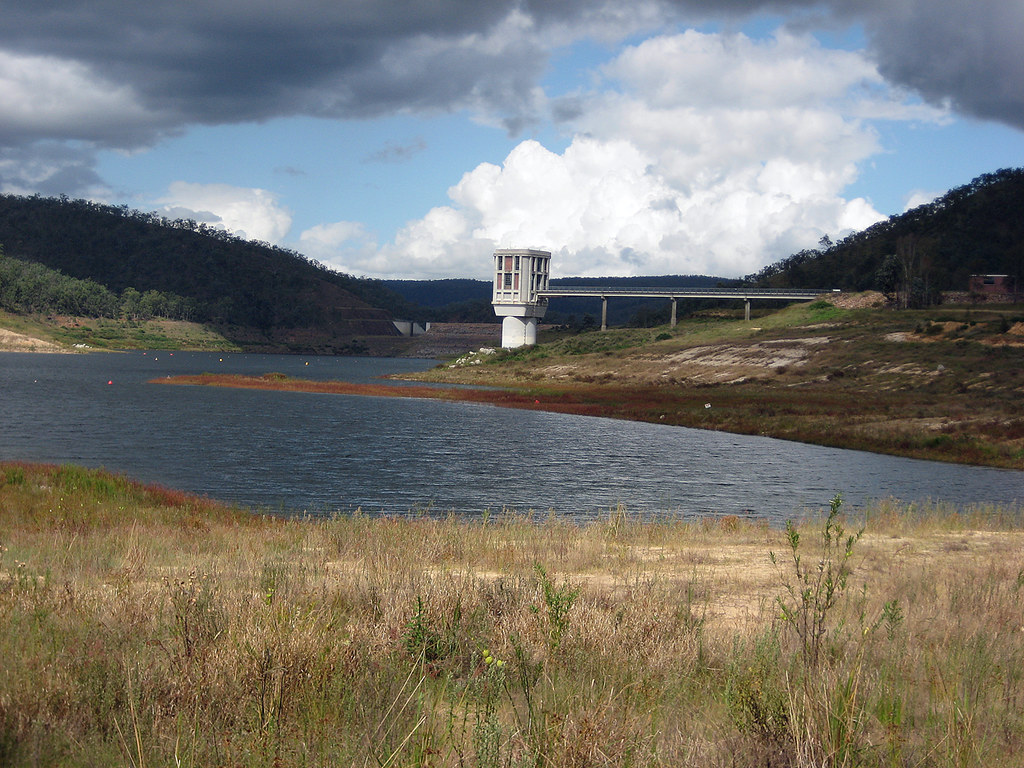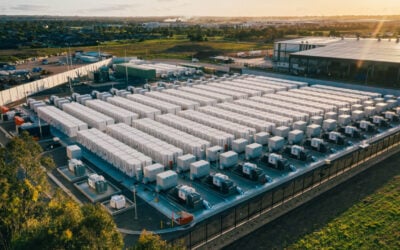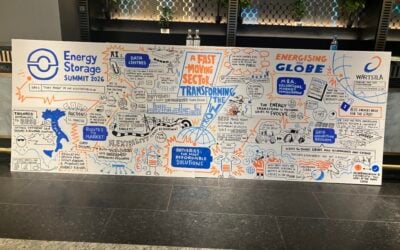
Bechtel has been selected to work on design and planning of a large-scale pumped hydro energy storage (PHES) project in Queensland, Australia that will also include battery storage.
The US engineering, procurement and construction (EPC) company has been appointed by project partners BE Power and GE Renewable Energy for the Big-T project at Lake Cressbrook, southeast Queensland.
The project will include a 10-hour duration 400MW PHES (4,000MWh) paired with a 200MW/200MWh battery energy storage system (BESS).
With Queensland targeting 50% renewable energy generation by 2030, the plant is expected to provide considerable support to the integration of that energy onto the grid and a final investment decision on it is expected late next year, Bechtel said. Along with supporting and investing in large-scale batteries, the state’s government recently also offered up A$48 million (US$33.37 million) funding into feasibility studies for PHES.
Try Premium for just $1
- Full premium access for the first month at only $1
- Converts to an annual rate after 30 days unless cancelled
- Cancel anytime during the trial period
Premium Benefits
- Expert industry analysis and interviews
- Digital access to PV Tech Power journal
- Exclusive event discounts
Or get the full Premium subscription right away
Or continue reading this article for free
The company has signed a service agreement that will see it advance the design of Big-T, see where cost savings can be made on contractors and construction, advise on contract structuring, and engage with the supply chain. On the latter point, Bechtel will seek to maximise local content usage and indigenous participation.
If the project does go ahead, Bechtel will be its EPC contractor.
BE Power’s managing director noted that Bechtel has a long history of working with hydropower projects, and the EPC has partnered with GE Renewable Energy before.
Australia’s energy storage sector has seen a rise in lithium-ion battery storage at grid-scale in recent years, but at the same time, the country’s first new PHES plant since the mid-1980s is under construction at Kidston, also in Queensland, and a number of other PHES plants, from relatively small, such as a 30MWh plant under construction in Western Australia to those the scale of Kidston and Big-T, are in development. On the island of Tasmania, a plan is underway to use pumped hydro, batteries and wind and solar PV to turn the region into the “Battery of the Nation” through a proposed state government-backed project of that name.
In terms of global projects, two recently completed PHES facilities have garnered headlines this year: Iberdrola’s 40GWh ‘Tâmega Gigabattery’ in northern Portugal, and Nant de Drance, a 20GWh facility in Switzerland in which the main shareholder is utility Alpiq. Both were announced as coming online in July.





